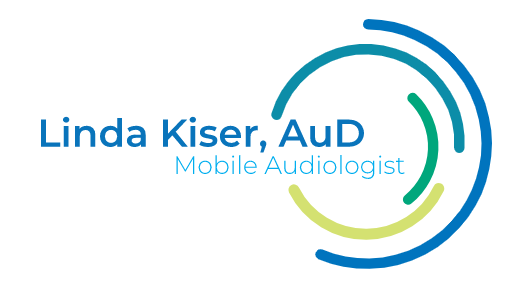Understanding Tinnitus
Tinnitus is a common condition characterized by a ringing, buzzing, whooshing, or hissing sensation in the ears, even though there is no external noise causing it. Over 50 million Americans experience tinnitus due to various reasons. Understanding the symptoms and causes of tinnitus is crucial in determining the most effective treatment options.
Symptoms of tinnitus
Tinnitus can present with different symptoms, but the most frequently reported sounds include:
- Ringing
- Buzzing
- Whooshing
- Hissing
- Clicking
These sounds are only perceived by the individual with tinnitus but can sometimes be detected by a hearing professional. The sounds may occur constantly or intermittently. Some people find it difficult to sleep because they feel like their brain never "shuts off" due to tinnitus.
Causes of tinnitus
Several factors can contribute to the development of tinnitus, including:
- Exposure to loud noise
- Medications
- Hearing loss
- Ear infection
- Ear trauma
- Buildup of earwax
- Meniere’s disease
- Vascular disorders
Tinnitus can be caused by one or a combination of these conditions. Some causes, such as infections or earwax buildup, can be resolved easily if they are temporary.
Tinnitus treatments
The treatment options for tinnitus depend on its underlying cause. After assessing the severity, symptoms, impact on daily life, and potential causes, a hearing care provider may recommend one of the following solutions:
- Addressing the underlying problem: If tinnitus is caused by issues like earwax buildup, medication side effects, or infections, the hearing care provider will recommend appropriate measures to resolve the underlying issue. This may involve removing earwax, adjusting medications, or prescribing antibiotics. Behavioral therapy might also be recommended to address the emotional impact of tinnitus, such as anxiety or anger.
- Hearing aids: Hearing aids can be highly beneficial in managing tinnitus. Even if hearing loss is not present, hearing aids can be equipped with tinnitus-masking features that help mask the unwanted noise and provide relief.
- White noise machines: For individuals with less severe tinnitus or those primarily affected during nighttime, a white noise machine can be helpful. These machines produce a continuous sound that masks the tinnitus noises.
- Tinnitus retraining therapy (TRT): TRT is a specialized therapy aimed at helping individuals with tinnitus find relief. It involves retraining the brain to ignore and filter out certain tones associated with tinnitus, thereby reducing its impact on daily life.
If you are experiencing tinnitus, it is recommended to schedule an appointment with a hearing professional for an evaluation. The hearing care provider will identify the cause of your tinnitus and suggest appropriate treatment options based on your specific condition.

